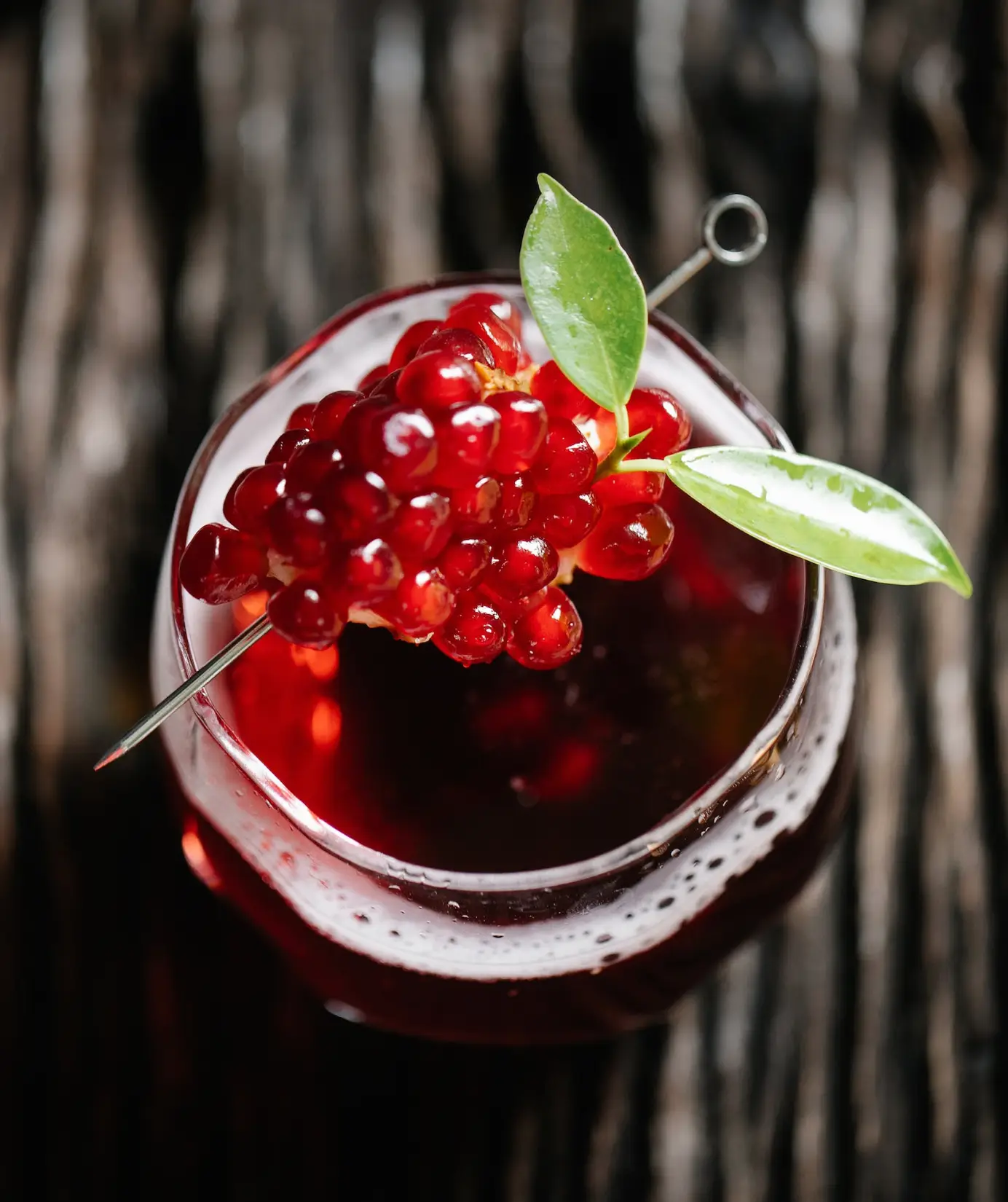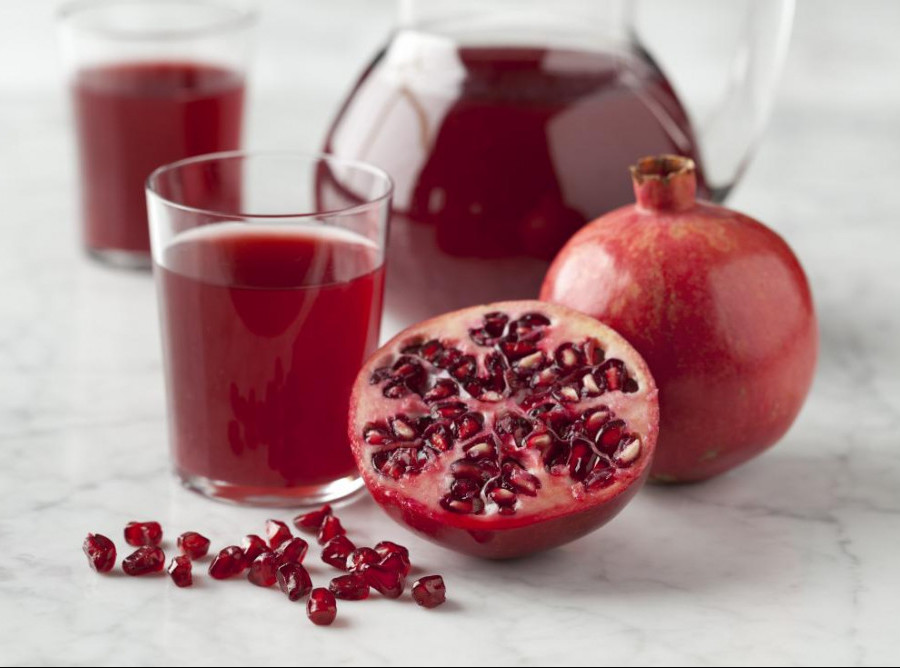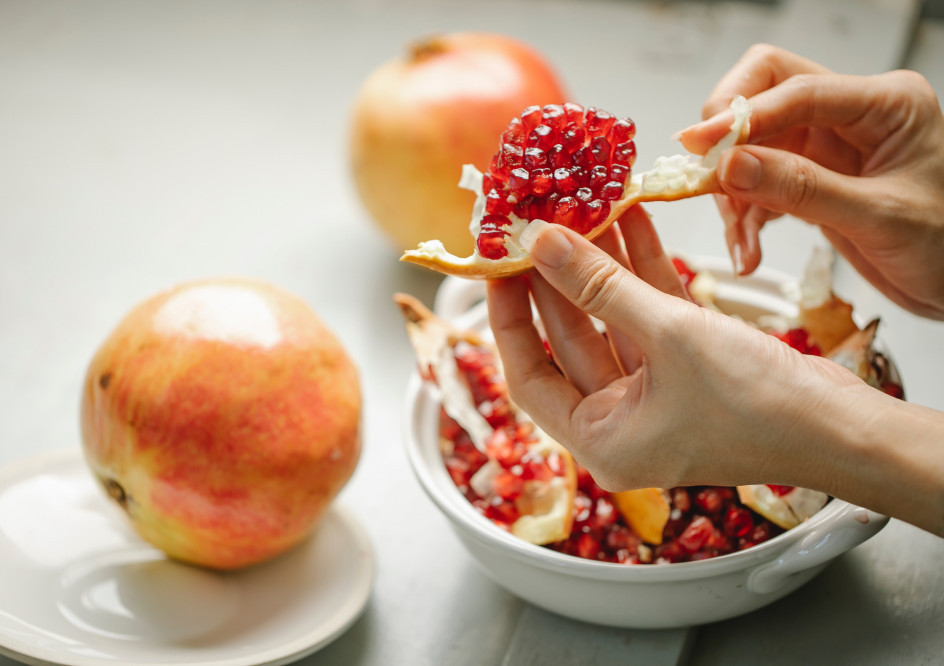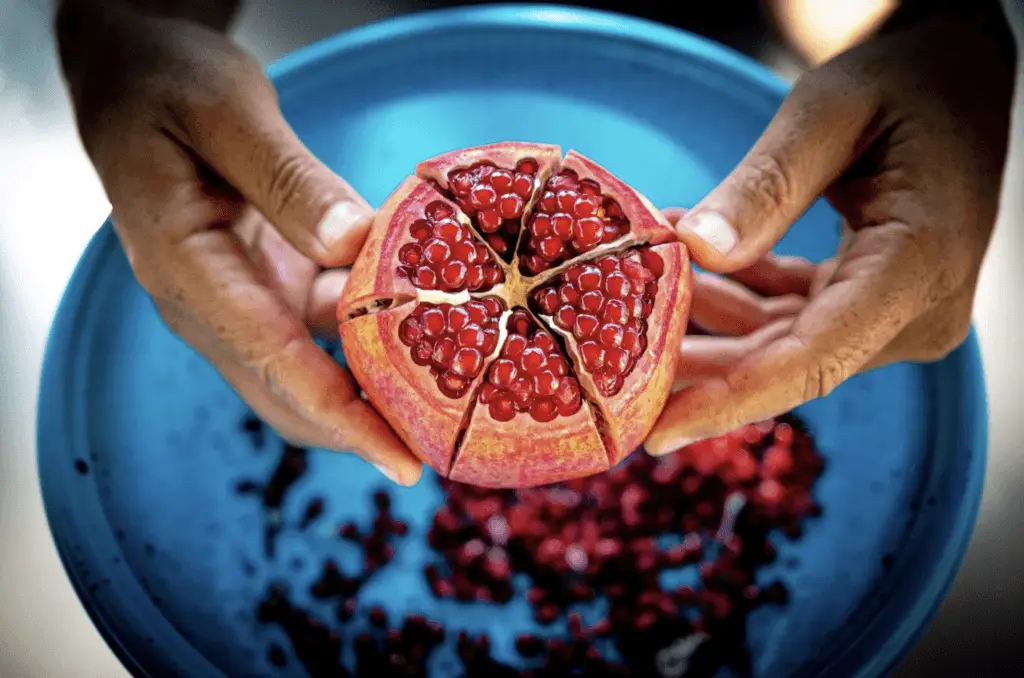Alfalfa Sprouts Benefits – A mighty plant!
Alfalfa Sprouts Benefits – A mighty plant!
What’s the Hype about Alfalfa Sprouts?
Sprouting is relatively new to me. How about you? Does it really do us good or is it just a new hype?
I am glad I have read (not just accumulated – hahaha) some books in the past 10 years on Green Health. The raw food world differentiates between raw and alive food. Alfalfa sprouts are alive! They were not harvested some time ago, instead, they are still growing (basically until the moment you’ll chew them). They can be grown right in your very own kitchen. How cool is that? Alfalfa is one of the highest-quality foods you can eat. The sprouts can be used in so many dishes. I especially use them to give my cooking an additional “sophisticated” touch. They are so easy to grow, don’t need much equipment, space, or attention and are ready to eat in about 5-7 days. Since I like to take care of plants, I really enjoy seeing them develop from small seeds to these one-inch delicate stems with tiny leaves. The taste is light and even the “denying-green-eaters” will like them. Maybe it’s because they don’t look so green or because they are homegrown. Or simply it’s just fun to eat the decoration. Sprouts add texture and an additional crunch to salads and wraps. Read on – my findings might surprise you.
Alfalfa plant’s benefits
Wait a minute. Do we talk about two things here? Some claim that sprouts contain 20-30 times more nutrients than adult plants. Is that so? Here is what I learned while scanning through Cleo Douglas’ “Alfalfa Herbal Directory: The Father of Foods”. More or less all these websites state the alfalfa plant is loaded with vitamins A, B, D, E and K, and minerals such as magnesium, potassium, iron, folic acid and calcium. But often the context refers actually to the grown plant and its leaves. Here is another fact you hardly will find. It contains noticeable amounts of vitamin B17 (called Amygdalin). Listing all its benefits seems almost impossible. Seriously, there are so many benefits that you would want to start to incorporate themright now! Here we go:
- Reduces Inflammation
- Improves digestion
- Speeds up healing
- Boosts immune system
- Detoxifies the body
- Lowers cholesterol levels
- Controlling blood pressure
- Flushing out toxins
- Treating digestive problems
- Better blood circulation
- Strengthening the immune system
- Controlling blood sugar
- Increasing energy levels
- Alkaline effect on the entire body
- Helps bone density
- Improves metabolic health
- Cleans the skin
- and more
But instead of memorizing the benefits in detail, I think of it in terms of “Will it do me any good?”. Raw foods give you energy and nourishment compared to food that has been cooked or baked to death. Everything lacking its own energy cannot give you energy. Have you ever seen a cow or a horse cooking a stew on the pasture? It’s that simple. Everything alive or raw will support your health and well-being. And that is actually all you need to know. And… how to incorporate energy foods into your daily routine.
An Aspect – no one talks about
If you are interested in health like me you surely came across the name Max Gerson (1881-1958) and his “Gerson Therapy”. In short, he was a medical doctor who found the cure for cancer through nutritional dieting. He developed a treatment regimen and later his daughter Charlotte Gerson (1922-2019) founded the Gerson Institut and wrote a book about the therapy in 2001. In the book “The Gerson Therapy – The proven nutritional program to fight cancer and other illnesses” it is stated, that alfalfa sprouts are actually forbidden to be eaten during their program. Hm? That came as a surprise to me! The reason is, sprouted alfalfa and other bean or seed sprouts are high in L-canavanine.
L-canavanine is a common non-protein amino acid that is responsible for immune system suppression. Patients with no prior history of chronic joint pain have developed a sudden onset of arthritic symptoms upon ingesting alfalfa sprouts. Healthy monkeys even have developed lupus! If true, that is very interesting. Unfortunately, the book doesn’t conclude the source where the findings have been found. But I searched the internet and found similar or identical information. So far I haven’t had any problems… but I might not have eaten enough yet in one setting…
And then there is the warning out there that alfalfa sprouts can be contaminated with bacteria such as salmonella or e.coli. Well, I never had problems with mine growing at my home. I rinse them twice a day and rinse them thoroughly before eating. But who knows about the alfalfa sprouts in packages you can buy at the store? But I never had problems there either. Just saying… it might be best to grow them yourself.
Alfalfa Sprouts Benefits anyone? What has Dr. Norman Walker to say?
In my post “Why is juicing healthy for you?” I already talked about Dr. Norman W. Walker and why I always stick with him and follow his advice. I was curious to see what he had found out back in the day. In his book (reprinted annually since 1936 and revised in 1978) “Fresh Vegetable and Fruit Juices – What’s missing in your body?” he has only good things to say. But he mainly refers to the alfalfa plant with roots reaching down 30-100 feet (1-3m) into the soil. He also states when you are unable to obtain fresh alfalfa leaves you can sprout the seeds and eat them (not juice them). They are very beneficial as well… but obviously not as nutritious as the leaves. Alfalfa is also known as Lucerne Grass or Purple Medic.
He points out this plant has immense value in having the right balance of minerals (trace elements obtained from the deep) for the proper function of the various organs in the body by juicing only its leaves! Those minerals are calcium, magnesium, phosphorus, chlorine, sodium, potassium and silicon.
Conclusion
Having the sprouts handy for brightening up your daily dishes, go ahead with sprouting. Considering Dr. Norman Walker’s description I would say get your hands on alfalfa leaves and juice them for optimum health.



